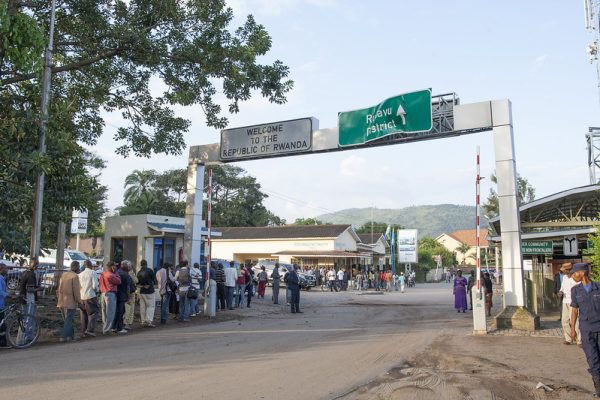
The Border between Democratic Republic of Congo and Rwanda. (Photo: SImone D. McCourtie / World Bank)
The COVID-19 pandemic in 2020 upended migration patterns in sub-Saharan Africa. It exposed how out of sync public health policy is with the realities of migration and mobility on the continent. Border closures, which stemmed the early spread of the virus, stranded large numbers of migrants and shut down the supply of essential goods and services. This, in turn, added to the crisis affecting both human security and the broader pandemic response. To prepare for future health emergencies, policy must consider the realities of a region with porous borders, under-resourced healthcare and migration management systems, and limited safety nets for people.
Read the Report
Security Topics: Migration and Forced Displacement
